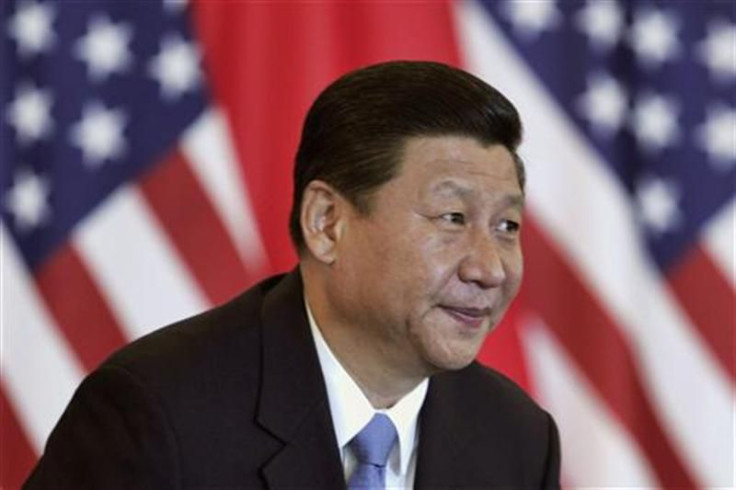China’s Communist Party Congress Concludes; Xi Jinping Closer To Top Leadership

A weeklong congress of the Communist Party of China (CPC) concluded Wednesday with a preliminary vote by delegates, who approved Xi Jinping and Li Keqiang as the anointed successors of President Hu Jintao and Premier Wen Jiabao, respectively.
Vice President Xi and Vice Premier Li were elected to the key Central Committee of the CPC at the end of the congress, Xinhua news agency said in a brief report.
More than 2,000 carefully vetted delegates had gathered at Beijing's cavernous Great Hall of the People where they cast their votes behind closed doors to usher in a once-in-a-decade leadership transfer.
The newly elected members of the Central Committee will in turn elect the Political Bureau, the Standing Committee — the country’s highest decision-making body — and the General Secretary at its first plenary session on Thursday.
Xi, 59, a member of the Standing Committee of the Politburo of the 17th CPC Central Committee, is expected to be elected as the new General Secretary, replacing Hu.
Li, 57, who is also member of the Standing Committee of the Politburo of the 17th CPC Central Committee, is expected to be the deputy to the new party chief.
In a closing statement, President Hu Jintao said the congress had "replaced older leaders with younger ones" and made decisions of "far-reaching historical significance," Xinhua said.
Vice Premier Wang Qishan, propaganda chief Liu Yunshan, party organization chief Li Yuanchao, Tianjin party boss Zhang Gaoli and Vice-Premier Zhang Dejiang are thought to be the front-runners for the Standing Committee posts, which could be reduced from nine to seven members, according to the BBC.
Since many current members are past the retirement age, at least half of the members of next Standing committee are expected to be new, the report has said.
The Central Committee will choose the Politburo and the Standing Committee. There are possibly more candidates than seats for the first time this year, which paves the way for surprise omissions, Reuters reported, citing party sources with ties to the leadership.
The membership of the two elite bodies potentially decides China's political and economic direction, especially if they are dominated by the conservatives instead of those supporting reforms, the report says.
© Copyright IBTimes 2024. All rights reserved.






















